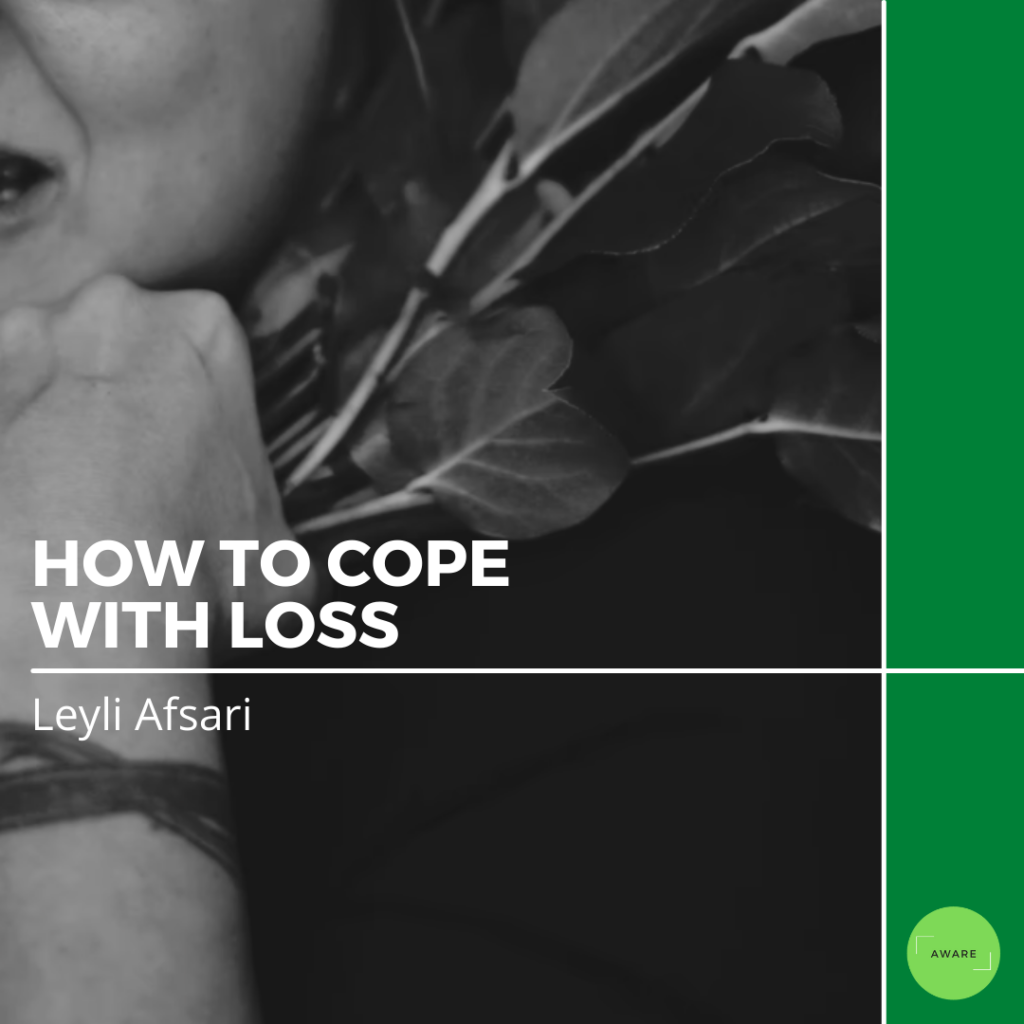Grief is a universal and natural response to loss. At some point in life, there will be at least one encounter with grief. It may be from the death of a loved one, the loss of a job, the end of a relationship, loss of dreams, or any other changes that alters life as you know it. This can cause emotional suffering, and the pain that comes alongside it can feel overwhelming. The pain of grief can also disrupt our health and show itself in different ways.
Physical Symptoms
- Lack of energy or fatigue
- Headaches and upset stomach
- Excessive sleeping, overworking, and excessive activity
Emotional Symptoms
- Memory lapses, distraction, and preoccupation
- Irritability
- Depression
- Extreme anger or feelings of being resigned to the situation
Spiritual Symptoms
- Feelings of being closer to God or feelings of anger and outrage at God
- Strengthening of faith or questioning of faith
These are normal reactions to loss, and the more significant the loss, the more intense your grief would be.
Stages of Grief
Grieving is a highly individual experience – there is no right or wrong way to grieve. How you grieve depends on many factors, including your personality and coping style, your life experience, your culture and faith, and how significant the loss was to you. The grieving process does not follow any timelines or schedules – it can last for several months or for 2 to 3 years or more.
Below are some stages that were developed by Kubler-Ross to help us understand the ways we cope with grief. It is important to note that we do not neatly move from one step to the next, and it is not a linear process. Everyone grieves differently, but there are some commonalities in the feelings we experience during grief.
- Denial – This is a defense mechanism that may help you buffer the immediate shock of the hurtful situation.
- Anger – Pain from a loss is often redirected and expressed as anger. We may blame others or ourselves for the loss, hence easily getting agitated.
- Bargaining – During this internal negotiation, you could find yourself thinking in terms of “what if” or “if only”.
- Depression – You start facing your present reality and reality of the loss you have experienced. This can cause us to isolate and withdraw.
- Acceptance – You acknowledge the loss you have experienced and adjust your life accordingly. This happens when you know that you have to go on.
People may move in and out of these stages at different times throughout the grieving process.
Coping with Our Own Grieve
- Accept your feelings – Sometimes we may feel surprised or guilty about the emotions we experience but remind yourself that there is no right or wrong way to grieve.
- Let others know how you are feeling – For example, let them know if you are feeling fragile and how you would like to be supported.
- Be involved in rituals around the loss – Take part in funerals or memorials. Maintaining those contacts can be really helpful.
- Make space to think of that person – Although painful, it helps us move from sadness and the missing to remembering positive times.
We will all encounter the intense feelings of loss at some point in our lives and perhaps that is why it is a difficult topic to talk about. It is important to remember to be compassionate to ourselves during this time and ask for support from others.
